Is sugar really that bad for your skin?

Are you experiencing widespread breakouts around your face? Have you noticed that your skin feels thinner and lacks its usual lustre? The chances are that you could be suffering from ‘sugar face’ and your diet may be responsible for those premature wrinkles around your forehead.
Is sugar really that bad for your skin, though? The short answer is yes, sugar really is quite terrible when it comes to affecting the condition of your skin. The longer answer is, too much sugar can be bad for your skin, in the same way that too much sugar can impact your insulin levels and central nervous system.
In truth, thousands of years ago before the dawn of fast-food, chocolate and cupcakes, sugar was a valuable source of food for our bodies, helping to support healthy brain function. Humans even experience a feeling of reward when ingesting sugar, triggered by the neurotransmitter dopamine.
However, the way we eat has evolved since then and now, arguably, sugar is everywhere, including savoury foods such as bread, cheese and crisps. This means that we now require a larger amount of sugar to get that reward and unfortunately, retailers are more than happy to oblige.
The daily recommended allowance for an adult woman is 6 teaspoons – almost double this amount can be found in a Starbucks Hot Chocolate or a Chai Latte from Costa Coffee.1 Whereas before we needed sugar to survive, now we are getting far, far too much in our diets and it’s starting to have an impact on almost every area of the body, including our skin.
Sugar, your immune system and your skin
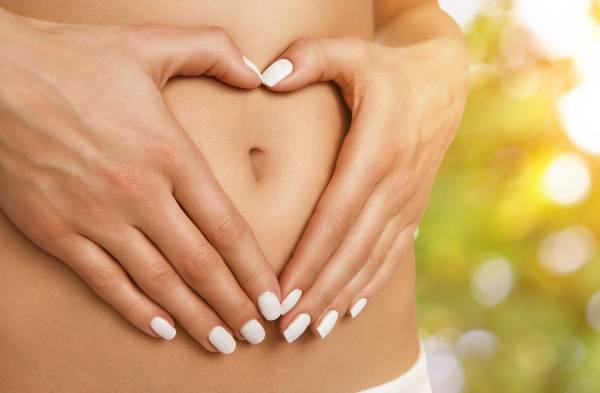
The first thing you should be aware of with sugar is how it can impact your immune system. According to a study conducted in 1972, 100 grams of sugar can make your white blood cells 40% less effective at killing germs.2
This can spell bad news for your entire body – if your immune system cannot function adequately, you will become more susceptible to viral infections such as the cold or flu. Not to mention, your skin will inevitably rue the results as well, as your immune system will not be able to fight the spread of bacteria, allowing it to linger in your pores and stimulate an outbreak of pimples.
It’s also estimated that over 70% of our immune cells reside in our gut. Sugar can encourage the growth of bad bacteria, leading to digestive issues such as bloating and constipation. When your digestive system cannot eliminate toxins efficiently, it will turn to other organs for help – and guess which organ is also equipped to eliminate toxins – yep, your skin!
Your skin is the largest organ in your body but it may struggle to deal with all the toxins that your body is trying to get rid of, which can result in redness, breakouts and even episodes of eczema!
Blood glucose and insulin
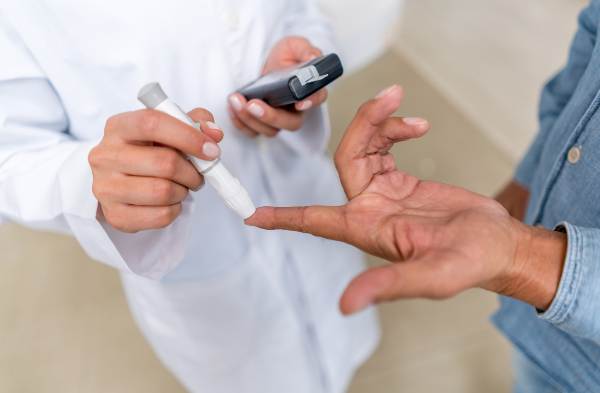
This is probably an issue that most of you are aware of – too much sugar will inevitably raise your blood glucose levels and increase your production of insulin. After all, insulin is needed to convert glucose into energy and most of the glucose in our body comes from carbohydrates and sugar.
However, too much glucose in your bloodstream will force the body to increase its production of insulin and eventually your body will build up a resistance. How does this affect your skin, though?
Well, it’s thought that insulin is the most important hormone when it comes to acne. If your body is producing too much insulin, it can have a knock-on effect on your production of sebum oil.
Sebum oil is produced by your sebaceous glands in order to keep your skin lubricated. It does serve a purpose but if you start to produce too much sebum oil, eventually it will clog your pores and lead to a breakout of acne. Definitely not what you want!
Dehydration, collagen and glycation
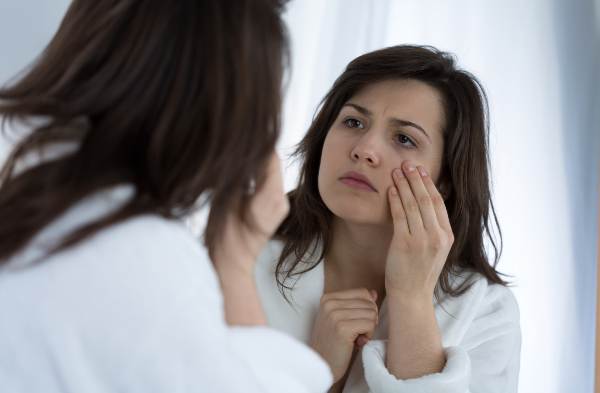
An unusual little fact that you might not be aware of – sugar can dehydrate you! If you have too much sugar in your blood, your kidneys will eventually go into overdrive trying to get rid of the excess, causing you to urinate far more frequently.
When this happens you end up losing fluid and dehydration is the result – never a good situation for your skin, which can become dry and brittle.
All this sugar floating about in your bloodstream can also impact how old you look. A study conducted in the Netherlands measured the blood sugar levels of 600 participants between the ages of 50 and 70. It discovered that those with the higher blood sugar levels appeared older than those with lower blood sugar levels, concluding that for every 1 litre increase in blood sugar, your perceived age could rise by 5 months!3
Not so good if you’re trying to maintain a youthful complexion, and a situation that can only be compounded by sugar’s effect on collagen.
Collagen is a structural protein found in your hair and skin, and it helps to retain the elasticity of your skin. As you age, your production of collagen will slow down, which is why your skin appears so firm and smooth when you are young, compared to when you are older.
However, sugar can break down collagen and your skin will become more prone to premature ageing. This process is known as glycation, where the sugar in your bloodstream attaches itself to proteins and forms new molecules that can damage collagen and elastin.4
What can I do?
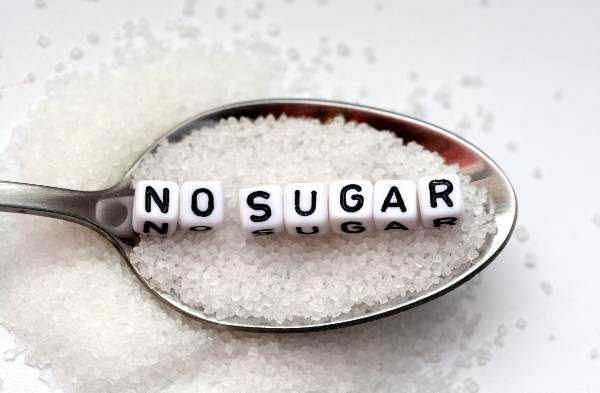
Well the most obvious thing you can do to prevent sugar from ravaging your skin is to try and consume less of it. Remember the 6 teaspoon rule? Unfortunately manufacturers can be sneaky and sugar can turn up in all sorts of foods you wouldn’t have suspected – bread, stir-fry sauce, ketchup and most breakfast cereals!
I’d start by eliminating sources of refined sugar first – going completely cold turkey can be a challenging experience so it’s best to start taking small, manageable steps. Refined forms of carbohydrates, processed foods and the usual culprits – doughnuts, sugary drinks, crisps and chocolate – should be off the menu.
It might also be an idea to consider your breakfast cereal too. We all know Lucky Charms is chockfull of the white stuff but even more traditional cereals like Kellogg’s Crunchy Nut or Coco Pops can contain as much as 10.9g per serving! Instead I’d opt for a low-sugar alternative like porridge, where you can add your own toppings, or shredded whole-wheat, or bran flakes.
You could also focus on complex forms of carbohydrates and healthy fats. Most of us experience a craving for sugar treats around 3-4 o’clock in the afternoon. A good source of healthy fats can help to curb this craving – try a nut butter on a cracker or reach for a banana. Natural forms of sugar are always better than their artificial counterparts!
Drink plenty of water to help keep yourself hydrated and consider limiting how much you put in your tea/coffee. A herbal alternative such as Golden Rod Tea is great for cleansing your system and can help to remove impurities.
You could also c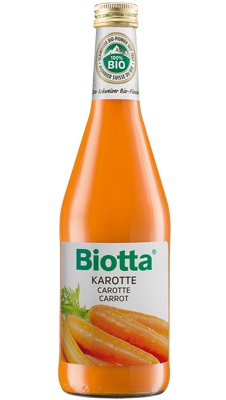 onsider Biotta’s Organic Carrot Juice. Carrots are high in natural sugar but they’re also high in antioxidants that can support the immune system, as well as Beta-Carotene which can help to protect your skin from oxidative stress, especially during the summer when you are more vulnerable to sunburn!
onsider Biotta’s Organic Carrot Juice. Carrots are high in natural sugar but they’re also high in antioxidants that can support the immune system, as well as Beta-Carotene which can help to protect your skin from oxidative stress, especially during the summer when you are more vulnerable to sunburn!
2https://healthfree.com/nutrition-sugar-immune-system-foods.html
3http://www.dailymail.co.uk/femail/article-2125217/How-giving-sugar-20-years-looks.html
4http://www.prevention.com/beauty/natural-beauty/how-sugar-ages-your-skin








